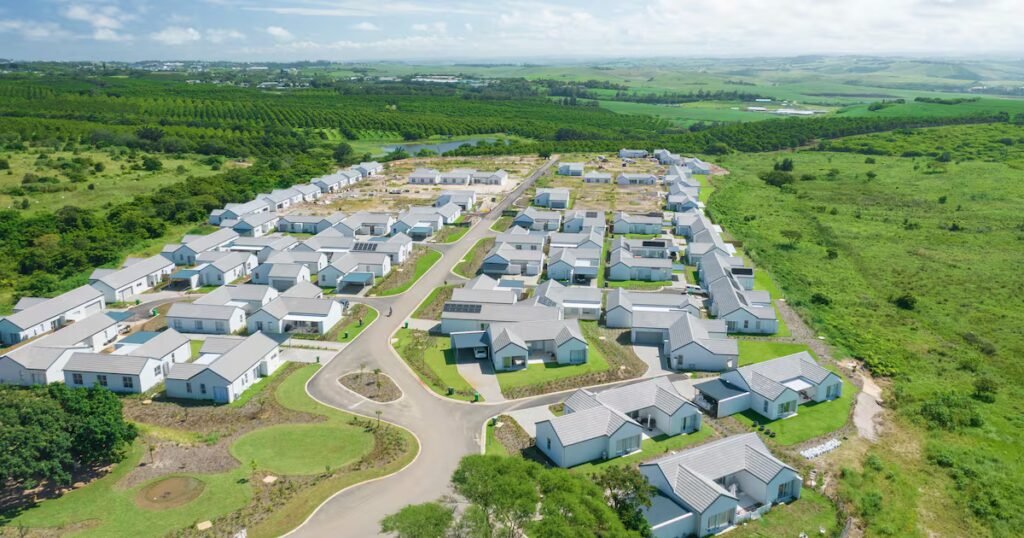Dipula Properties and Emira Property Fund recorded strong financial growth and boosted a stabilising South African property market as they sold off less-profitable assets and focused on reinvesting in more profitable opportunities.
Property analyst Keillen Ndlovu said the listed property sector has been “abuzz with activity this year”.
“It’s been the most active year in terms of asset recycling in both acquisitions and disposals since the pandemic.
“Initially, and after the pandemic, most Reits [real estate investment trusts] and property companies were selling assets to reduce debt and fix balance sheets. Now we are seeing lots of activity, not only in terms of disposals but acquisitions as well,” said Ndlovu.
He added that a lot of new equity has been raised, supported by more active banks and bond markets and lower interest rates, which together have increased the pace and size of acquisitions and disposals.
“The market is active from both listed and unlisted players. This means there’s better liquidity in terms of direct property transactions,” he said.
In the past year, Dipula disposed of R200m of noncore properties compared with R37m the prior financial year, which the group said helped repay debt and fund acquisitions.
The group recently finalised five acquisitions for R700m, the largest of which was the R480m purchase of Protea Gardens Mall in Soweto.
Dipula CEO Izak Petersen said the 24,000m² community shopping centre will become the company’s largest asset. The acquisition is part of a strategy to increase the average size of the portfolio while systematically reducing the number of assets, he said.
The Reit also agreed to acquire a newly developed 16,000m² distribution centre in Klerksdorp, leased long-term to blue-chip multinational Bayer, as well as Airborne Industrial Park, a fully let 6,964m² multi-tenant complex near OR Tambo International Airport.
“The company is in a position to take advantage of good opportunities in the market, and that’s how we’re thinking about the future,” said Petersen.
Emira said its capital recycling strategy involved selectively divesting noncore or mature assets to create liquidity for investment in high-yielding, value-accretive opportunities.
During the period, it acquired a 6.4% stake in SA Corporate Real Estate, a listed Reit, for R497.1m. Emira has since increased its stake to 8.7%.
“SA Corporate aligns with Emira’s strategy of investing in quality, undervalued assets. Its well-diversified and defensive portfolio, anchored in resilient retail and residential assets, offers strong fundamentals and reliable cash flows,” said James Day, CEO of Emira.
“Our diversified portfolio of direct and indirect property investments supports resilient returns across market cycles. Emira continues to be well-capitalised, and our capital recycling strategy strengthens the balance sheet.”
Both real estate investment trusts posted notable gains in their latest year-end and interim reporting periods, respectively.
“We remain optimistic about South Africa and the property sector’s outlook, while being realistic about the challenges,” said Petersen.
The group said this optimism was fuelled by easing inflation, lower interest rates, improvements in national political and policy stability, and a more reliable electricity grid.

